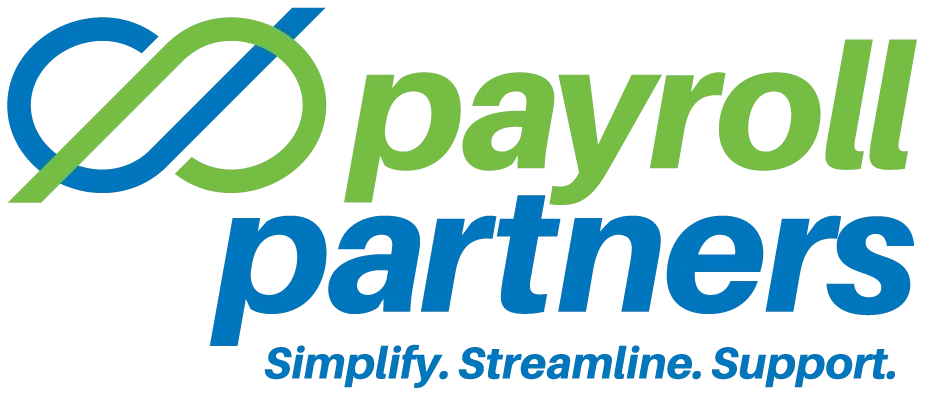Some states exempt parsonages from property taxes which can either be homes owned by churches and occupied by clergy who serve a local church.
California
California property tax laws provide for three exemptions that may be claimed on church property:
• The Church Exemption, for property that is owned, leased, or rented by a religious organization and used exclusively for religious worship services.
• The Religious Exemption, for property owned by a religious organization and used exclusively for religious worship services or religious worship services, and certain school activities. The exemption may also apply to the leased personal property.
• The Welfare Exemption, for property owned by a religious organization and used exclusively for one or more of the above activities or any other religious activities. The exemption may also apply to leased property if both the lessor and lessee qualify. In other words, both the organization and property use must qualify for the exemption.
Idaho
The Idaho Supreme Court issued a lamentable ruling limiting the property tax exemption of “parsonages” to church-owned residences occupied by clergy serving a “localized congregation”.
Minnesota
All churches, church property, and houses of worship are exempt per Minnesota Statutes. However, the Department of Revenue has consistently advised that to be exempted, the property must be used by the church for church purposes. For example, the department has advised that vacant land purchased by a church but not used for any church purpose should not be granted an exemption.
New York
This exemption provides a $1,500 property tax exemption on a property owned by a member of the clergy. Owners of co-ops are not eligible for the clergy exemption. If the clergy member is deceased, an unmarried surviving spouse can also get the exemption.
Requirements:
- Residency: The clergy member (or unmarried surviving spouse) must be a resident of New York State.
- Occupation: The clergy member’s main job must be working for the denomination s/he belongs to.
- Age: If retired, the clergy member must be over 70 years of age.
Texas
Under Texas Property Tax Code Section 11.20, a ministry can claim an exemption for a clergy residence it owns if it is “reasonably necessary for use as a residence.” In order to qualify, it must be used exclusively as a residence for those individuals whose principal occupation is to serve in the clergy of the religious organization.
Please contact your state for more detailed information on your eligibility and the exemption process.

